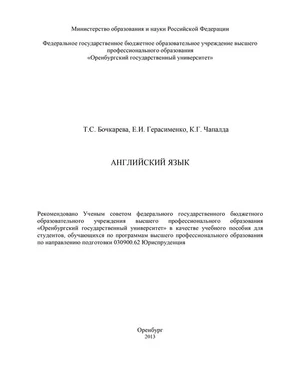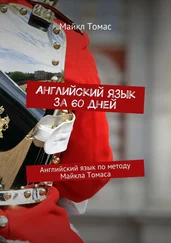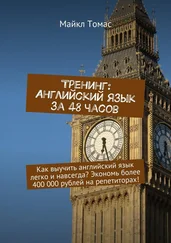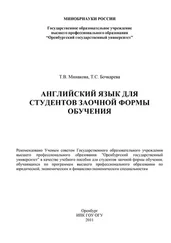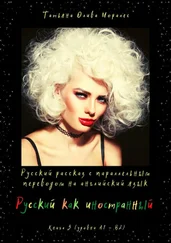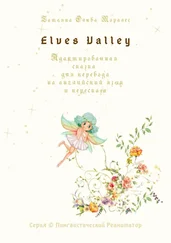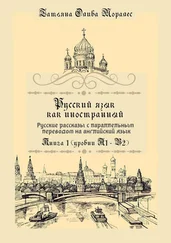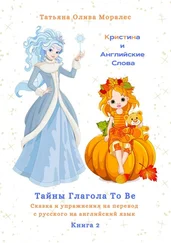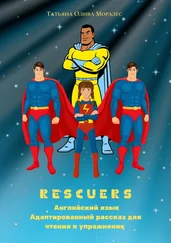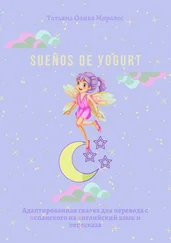Political prisons: certain countries maintain or have in the past had a system of political prisons; arguably the gulags associated with Stalinism are best known. The definition of what is and is not a political crime and a political prison is, of course, highly controversial.
Psychiatric prisons: some psychiatric facilities have characteristics of prisons, especially when confining patients who have committed a crime and are considered dangerous. In addition, many prisons have psychiatric units dedicated to housing offenders diagnosed with a wide variety of mental disorders.
1.4.3 Переведите следующие слова и выражения на русский язык:
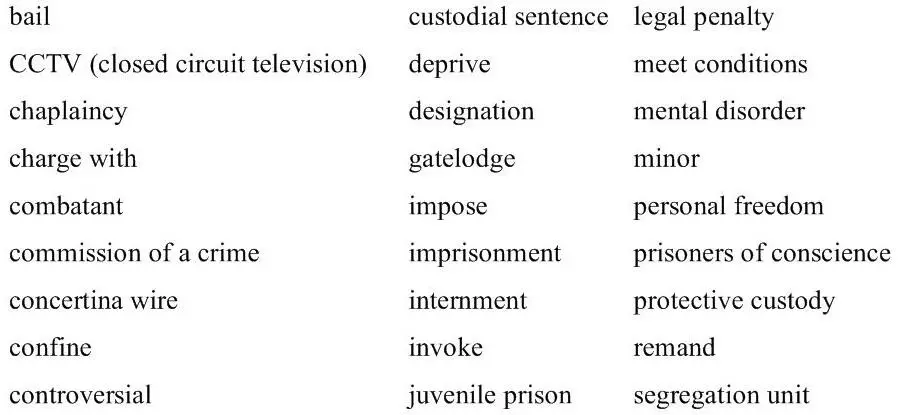
1.4.4 Прочитайте следующие утверждения и укажите, являются ли они верными:
1) Prisons are conventional institutions which form part of the administrative justice system of a country.
2) A criminal defendant may not be held in prison while awaiting a trial verdict.
3) Prisons may not be used for internment of those not charged with a crime.
4) Male and female prisoners are typically kept in separate prisons.
5) Prison accommodation is often divided into wings.
6) All prisons have a remotely controlled doors, CCTV monitoring, alarms, cages, restraints, nonlethal and lethal weapons.
7) Minor offenders’ prisons hold minors who have been remanded into custody or serving sentence.
8) Military prisons form part of criminal system, and are used variously to house prisoners of war.
9) Some psychiatric facilities have characteristics of prisons, confining patients who have committed a crime and are considered dangerous.
10) All prisons have psychiatric units dedicated to housing offenders diagnosed with a wide variety of mental disorders.
1.4.5 Переведите текст со словарем.
1.4.6 Составьте 10 вопросов к тексту.
1.4.7 Выберите ключевые предложения, перескажите текст, используя выражения: «The subject of the text is…», «The text deals…», «The main idea of the text is…», «The author comments on …».
2 Краткий грамматический справочник с тренировочными упражнениями
Артикль – служебное слово в английском языке. Употребляется перед существительным и поясняет его. Если перед существительным стоит определяющее слова или слова, то артикль ставится перед всеми определениями. В русском языке артиклей нет и они, как правило, не переводятся на русский язык. 1 1 Видео урок, в котором рассказывается об артиклях в английском языке: http://www.lovelylanguage.ru/grammar/rules/179-articles-in-english.
В английском языке всего три артикля: “a”, “an” и “the”.
Два типа артиклей:
‒ неопределенный (indefinite) – “a” и “an”;
‒ определенный (definite) – “the”.
Вам необходимо также знать, в каких случаях артикль не употребляется.
Неопределенный артикль – a/an произошел от слова «один», и поэтому употребляется только с исчисляемыми существительными в единственном числе. Употребляется в разговоре о предмете, который упоминается впервые, либо не все собеседники знают, о чем речь. А также для обозначения принадлежности предмета к какому-либо классу предметов.
Определенный артикль – “the” произошел от слова «этот» и употребляется с разными существительными. Ставится в тех случаях, когда упоминается предмет или понятие, уже известное собеседникам.
Артикли относятся к существительному, но если перед существительным стоят определения, то артикль ставиться перед всеми определениями.
Артикль может быть заменен местоимением:
‒ определенный – указательными местоимениями this, that;
‒ неопределенный – местоимением some.
Примеры
1 a pen – (неопределенная) ручка;
2 the pen – (определенная) ручка.
Неопределенный артикль не употребляется с существительными во множественном числе:
Пример – a book – books.
2.1.1 Упражнения для самостоятельной работы
2.1.1.1 Дополните предложения артиклями a/an, the.
1) We usually have … lunch at 1 p.m.
2) … French people drink a lot of red wine.
3) I gave her … bunch of flowers when she opened the door.
4) Who is … owner of this car?
5) We went to … zoo and saw … old elephant.
6) I've never taught … class where … pupils were so good at … English.
7) The giraffe is … tallest animal on … Earth. I like … giraffes.
8) … water freezes after … hour if you leave it out in … garden at … night.
2.1.1.2 Выберите правильный вариант:
1) Catherine loves cats/the cats.
2) Look at cats/the cats. They are chasing a bird.
3) I don't like coffee/the coffee, but I like tea/the tea.
4) You cut the cake/cake and I'll pour coffee/the coffee.
5) Life/The life will be very different in the future.
6) Life/The life of a mayfly is extremely short.
7) I enjoy swimming/the swimming in the sea.
8) Children/The children usually like playing games.
9) Children/The children have gone to the park.
10) All people/the people in this room are my relative.
11) All people/the people should have freedom of speech.
12) Villages/The villages in this part of the country are very beautiful.
13) Breakfast/The breakfast is the most important meal of day/the day.
14) Paul was only/the only person who remembered me.
15) In Stone Age/the Stone Age, people lived in caves.
16) I would like to travel to Spain/the Spain.
17) We travelled to London by train/the train.
18) He is learning to play flute/the flute.
2.1.1.3 Вставьте артикль, где необходимо.
1. This is … clock. 2. This is … Kiev. 3. … Kiev is … big city. 4. Mary is … girl. 5. She is … my sister. 6. This is … room. 7. Is … newspaper in … bag? 8. She is in … room. 9. Is … teacher in … classroom? 10. Is … your room large? 11. Is … pen in … bag? 12. Are you … students? 13. My friend has … children. 14. … sportsmen are always in good form. 15. … children we saw in … street are schoolboys. 16. She lives in … 1st street.
Читать дальше
Конец ознакомительного отрывка
Купить книгу
